Small intestinal bacterial overgrowth (SIBO): Managing with diet
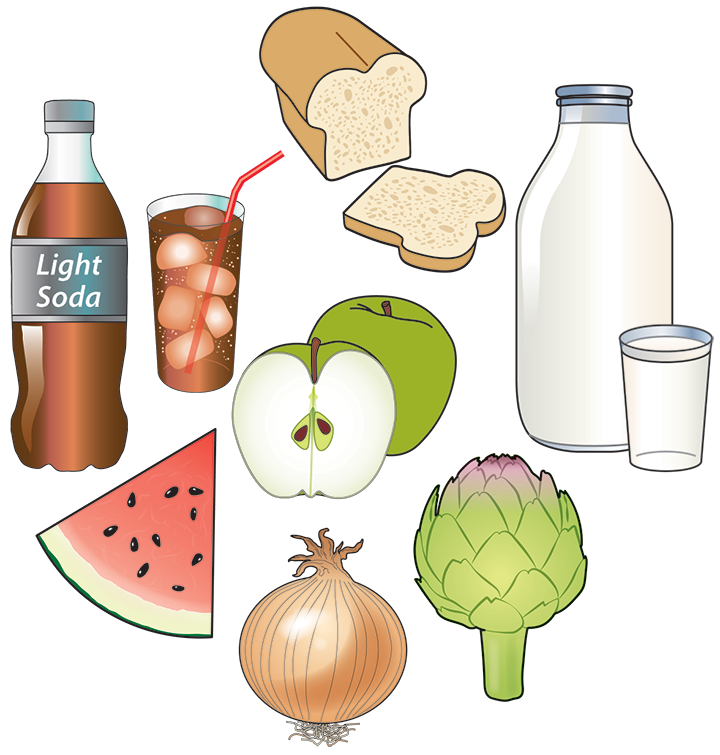
Having more bacteria than usual in your small intestine can cause uncomfortable symptoms like gas. Managing your diet can help.
Ostomy
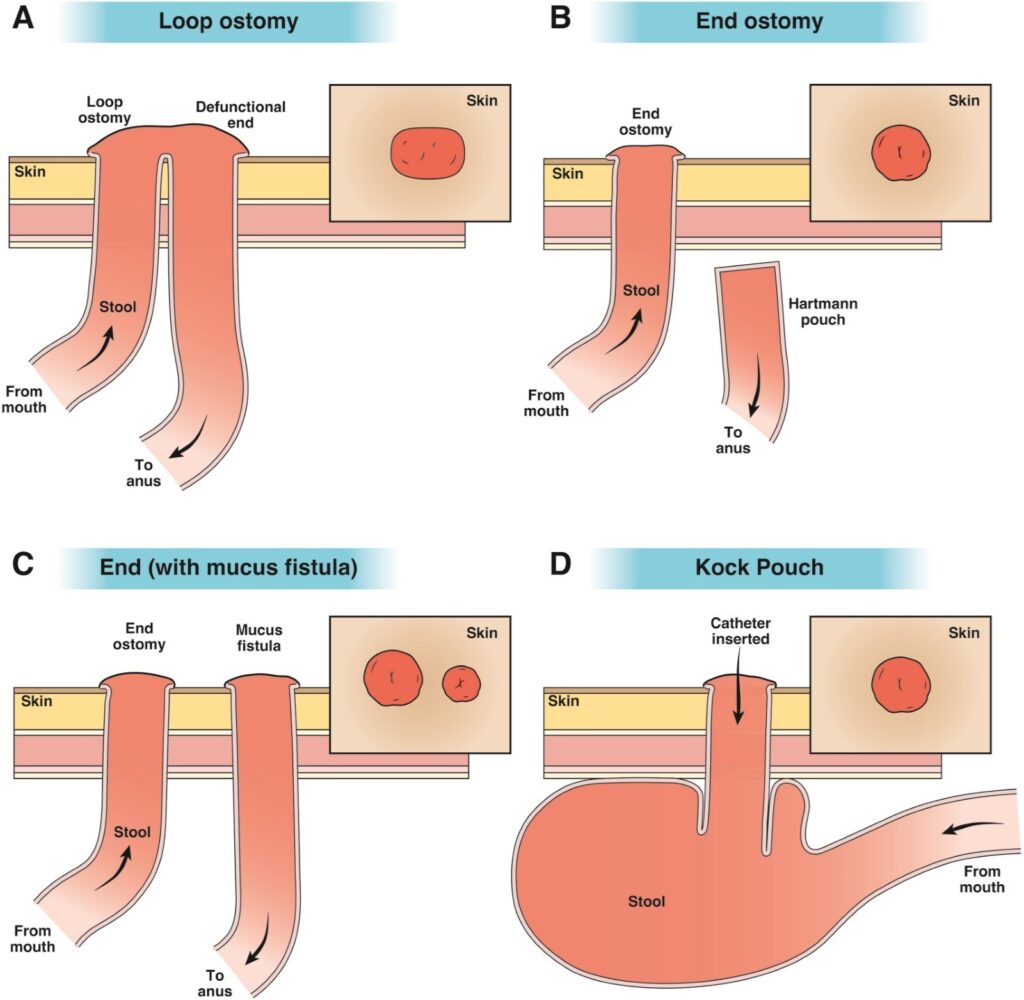
An ostomy is an opening in your stomach that is made by surgery to let solid or liquid waste leave your body.
Alpha-gal syndrome with GI symptoms
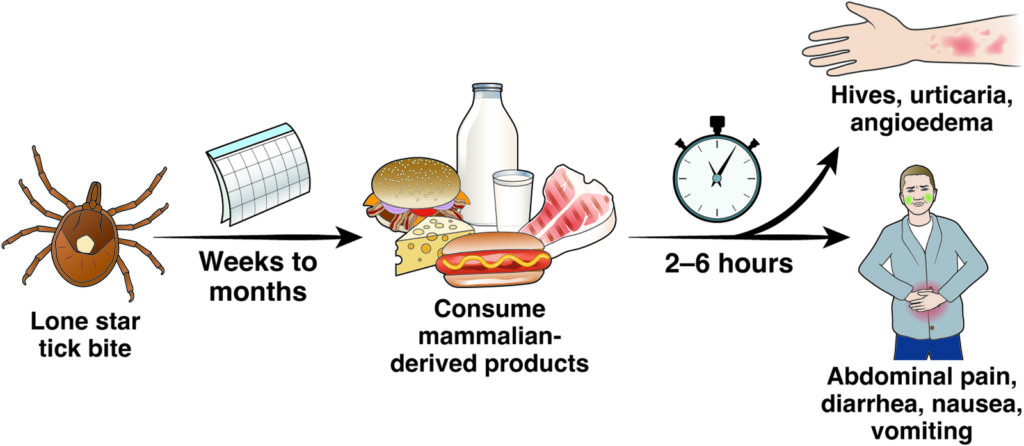
Alpha-gal syndrome is an allergy that causes your body to respond badly after eating meat from mammals and can cause GI or skin symptoms.
Trust Your Gut
Colonoscopy
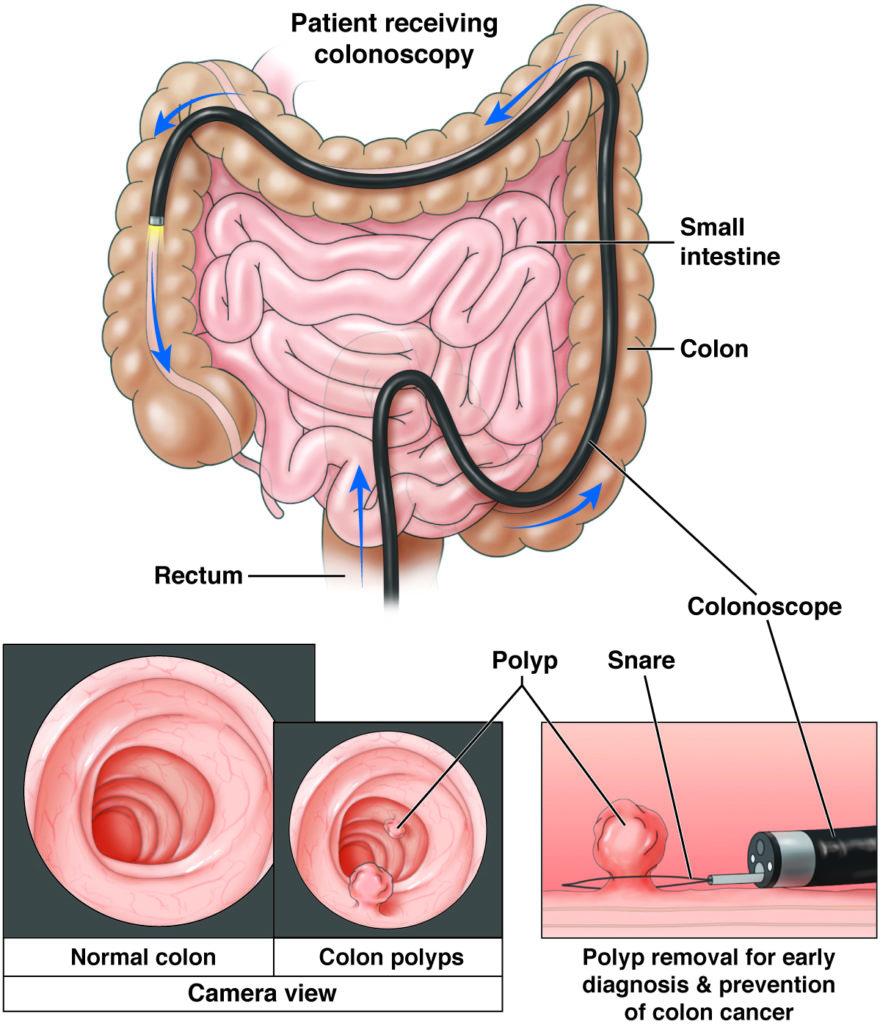
A colonoscopy is a procedure performed by a doctor called a gastroenterologist, who uses a colonoscope to look inside the colon and check for diseases like cancer or colitis.
Colorectal cancer screening: What to expect when paying
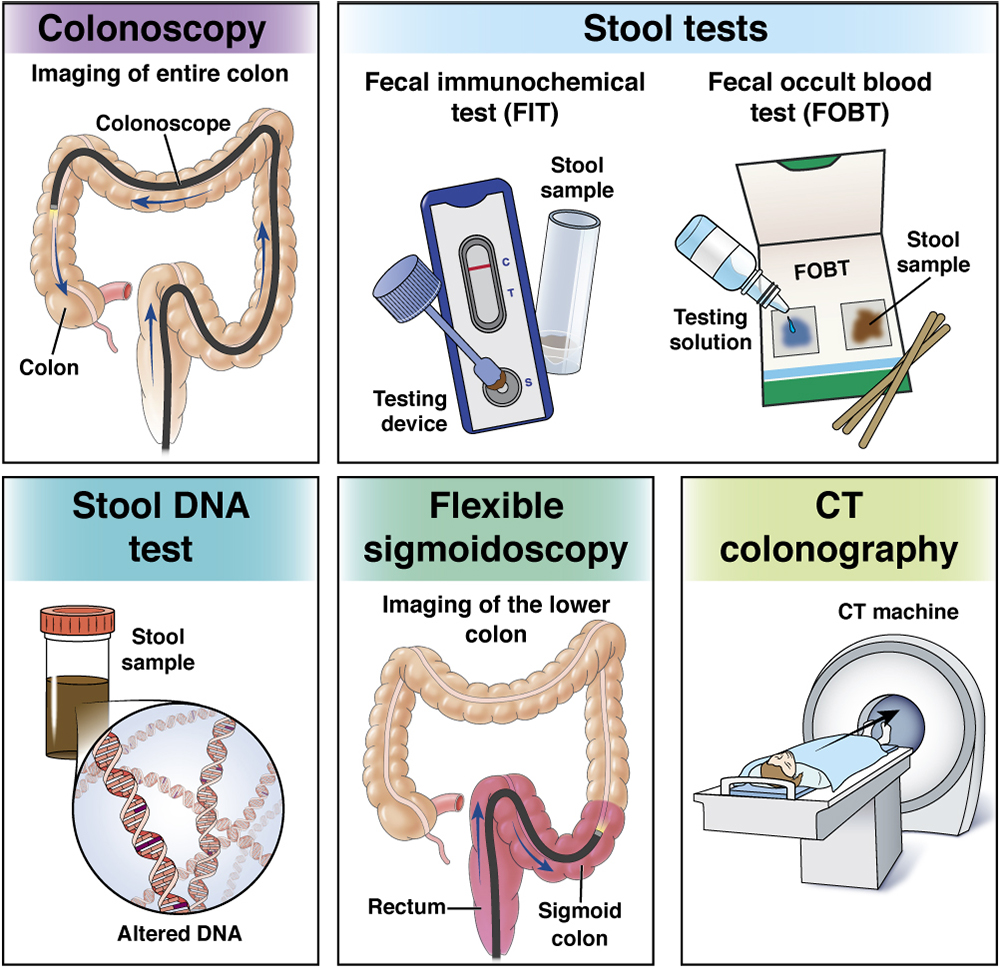
Learn what to expect and what to do if you get a bill you were not expecting after having a colorectal cancer screening.
Low-FODMAP diet

A low-FODMAP diet is low in a group of five sugars found in certain foods, which cause some people to experience bloating, stomach swelling, stomach pain, nausea, diarrhea, and constipation.
Exocrine pancreatic insufficiency (EPI)
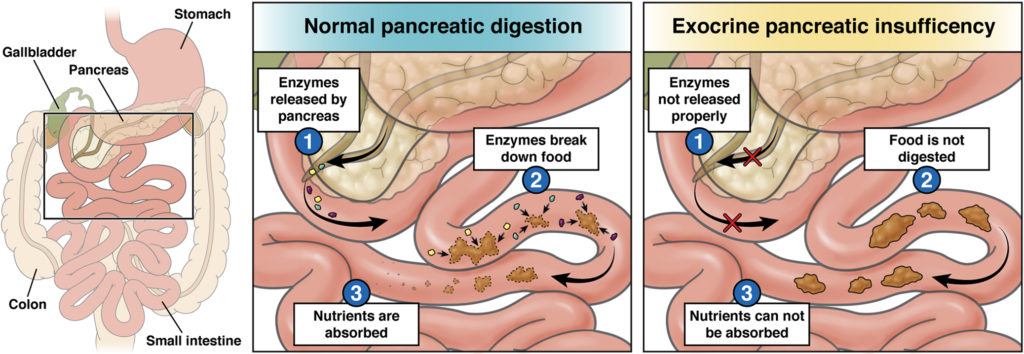
Exocrine pancreatic insufficiency (EPI) is caused by a problem with the pancreas, an organ that plays an important role in digestion. EPI can be difficult to recognize, but once it’s identified, it
can be treated.
Irritable bowel syndrome (IBS)
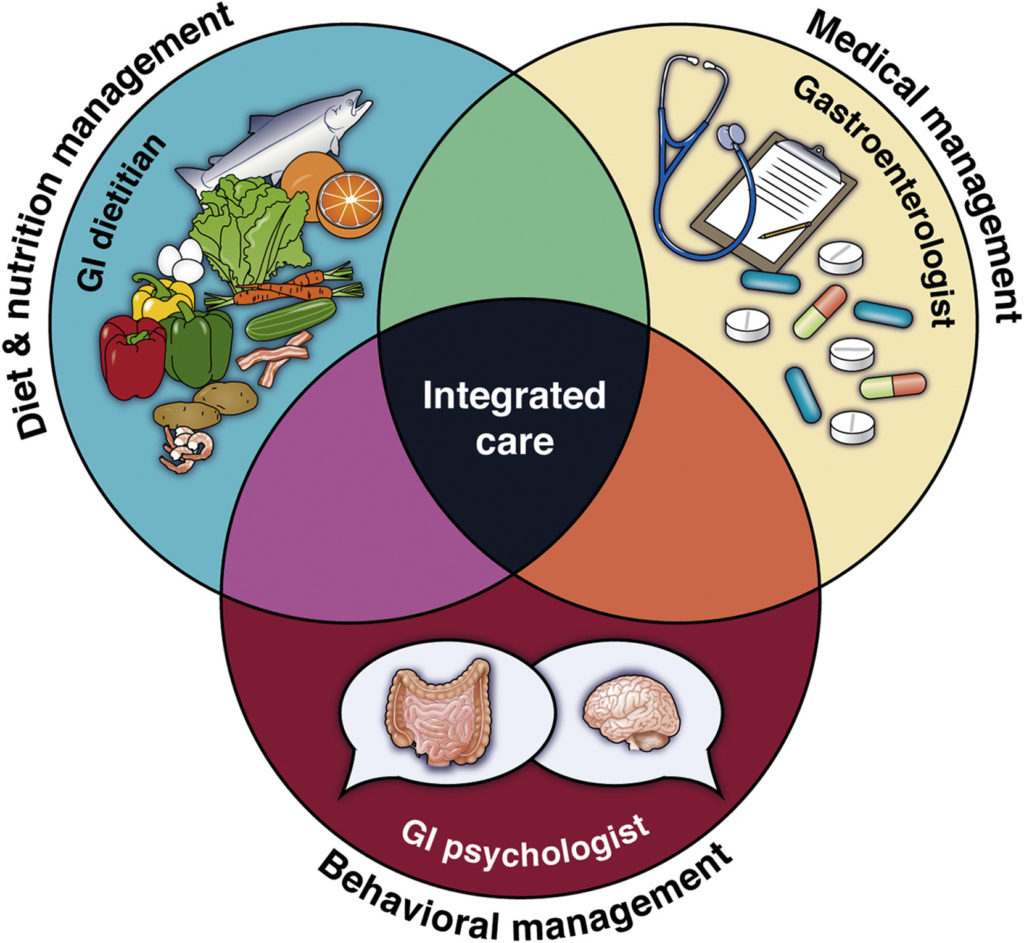
Irritable bowel syndrome (IBS) is one of the common disorders of the large intestine. IBS symptoms can include stomach pain, diarrhea, stomach bloating, constipation and cramping.
Gallstones
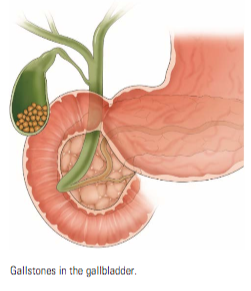
Gallstones are parts of the bile stored in the gallbladder, such as cholesterol and bilirubin, hardened into solid matter. Symptoms can be pain in the upper abdomen, vomiting and sweating.
